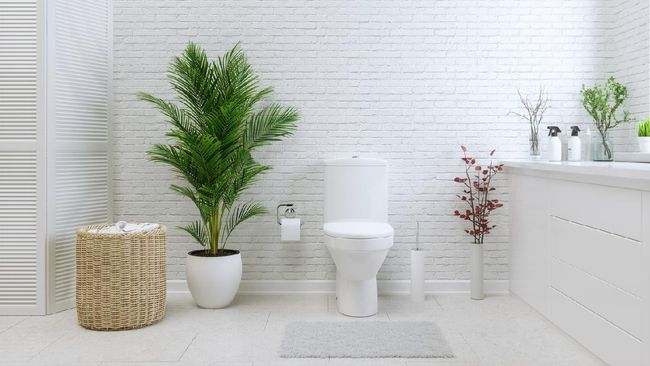
Knowing the right steps to take can help you manage the situation effectively and minimize damage. Here’s a step-by-step guide on what to do when your toilet overflows, and why you might need professional blocked toilet repair.
1. Turn Off the Water Supply
The first thing you should do is stop the flow of water to prevent further overflow. Locate the shutoff valve behind the toilet and turn it clockwise to close it. If you can’t find the valve or it’s stuck, remove the lid from the toilet tank and lift the float to stop the water.
2. Clear the Area
Move any items near the toilet out of the way to prevent water damage. Use towels or a mop to soak up any spilled water on the floor. This helps prevent water from seeping into the flooring and causing further damage.
3. Attempt to Unclog the Toilet
Once the immediate overflow is under control, you can try to unclog the toilet yourself. Use a plunger to create a seal over the toilet drain and plunge vigorously. If the clog is minor, this might be enough to dislodge it. However, be careful not to use excessive force, as this can damage the toilet.
4. Use a Toilet Auger
If plunging doesn’t work, you can try using a toilet auger (also known as a plumbing snake). Insert the auger into the toilet drain and turn the handle to break up the clog. This tool is more effective for deeper or more stubborn blockages.
5. Avoid Chemical Drain Cleaners
It might be tempting to use chemical drain cleaners, but they can cause more harm than good. These products often contain harsh chemicals that can damage your plumbing and create health hazards. It’s best to avoid them and opt for mechanical methods or professional help instead.
6. Call a Professional Plumber
If your efforts to unclog the toilet are unsuccessful, it’s time to call a professional. Blocked toilets can sometimes indicate more serious plumbing issues that require expert attention. A professional plumber will have the tools and experience to diagnose and fix the problem efficiently.
7. Prevent Future Overflows
Once the immediate crisis is over, take steps to prevent future overflows. Avoid flushing anything other than toilet paper and human waste. Regularly check your plumbing for signs of trouble, and consider scheduling routine maintenance to keep your system in good working order.
Why Professional Blocked Toilet Repair is Essential
While minor clogs can often be handled with DIY methods, persistent or severe blockages require professional intervention. Professional plumbers have specialized equipment and expertise to tackle even the toughest clogs without causing damage to your plumbing system. They can also identify underlying issues that might be contributing to the problem, ensuring a long-term solution.
If you’re facing a toilet overflow and need expert assistance, don’t hesitate to seek professional blocked toilet repair. Prompt action can save you from more significant issues down the line and keep your plumbing system functioning smoothly.
By following these steps, you can manage a toilet overflow effectively and reduce the risk of damage to your home. Remember, professional help is always available if you need it.
